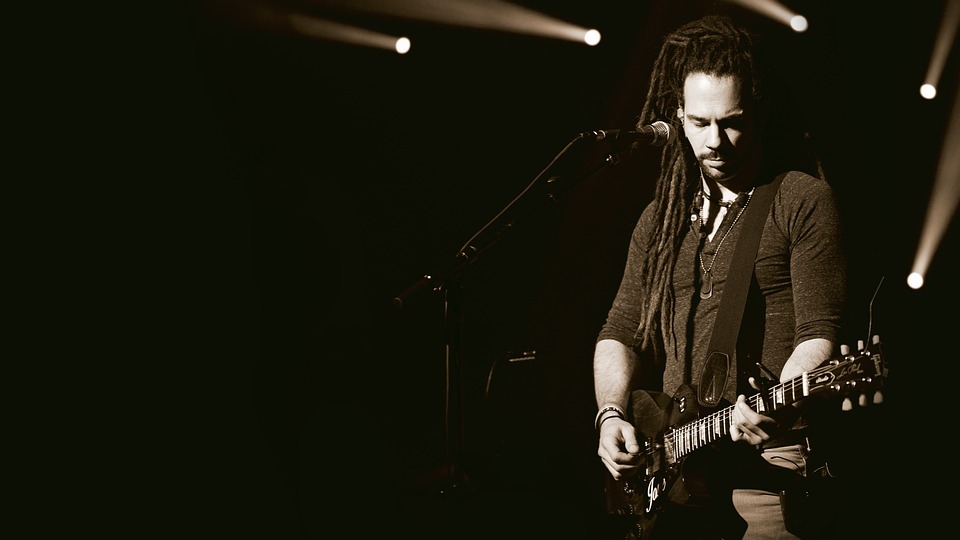The Greater Sabbats

The Greater Sabbats are religious festivals celebrated at more or less equally spaced intervals throughout the year. The term Sabbat originates from the Abrahamic faiths with Hebrew origin and has been adapted by followers of modern Wicca to describe the festivals of the year. There are a total of eight Sabbats in the Wiccan calender, four of which are greater Sabbats, and four lesser.
The four greater Sabbats are linked to the four seasons and are celebrated at times when the seasons change. They are also referred to as cross-quarter days, moon Sabbats or Fire festivals and are most closely associated with ancient Gaelic feasts. They are celebrated today on set days of the year by most of the western world but Pagan and Neopagan religious groups often conduct their own religious practices on the actual day of the festival each year. The feasts follow lunar and solar cycles which means that the actual day varies from year to year but for most of us a set date is more convenient.
The dates of the Sabbats follow the calendar in the Northern Hemisphere which causes some problems when those in the Southern Hemisphere wish to celebrate them. The most common solution is to add six months for the Southern Hemisphere to bring the celebrations into line which means that Neopagans are often celebrating an opposite festival at any given time of year. Someone in Australia, for example, could be celebrating Samhain when someone in England is observing the Beltane festival. Those that live on the equator are in something of a predicament and can choose either direction.
The four Greater Sabbats are:
Samhain, also known as Halloween or All Hallow’s Eve, which is celebrated on October 31st; Candlemas, also referred to as Imbolc or Brigit’s Day, celebrated on February 2nd; Beltane, also known as May Day or Cetsamhain, celebrated on May 1st; and Lammas, also called Lughnasadh, celebrated on August 1st.
These festivals have been followed in one form or another for centuries by many Pagan societies and they have all picked up other names as time has passed. They are known by many other names in other cultures and the alternatives here are the more common western alternatives. Not all Pagan or Neopagan religions celebrate all of the Sabbats, greater or lesser, but those that do tend to observe the greater Sabbats.
The followers of the Abrahamic religions are probably familiar with Halloween and follow the ‘trick or treat’ theme but few will celebrate any of the other greater Sabbats, although there are exceptions. Candlemas is very popular in Ireland as Brigit is the Irish Goddess of poetry, crafts, prophecy, and divination. The Gaelic origin of these festivals makes them more widely followed in the British Isles than in other countries.





